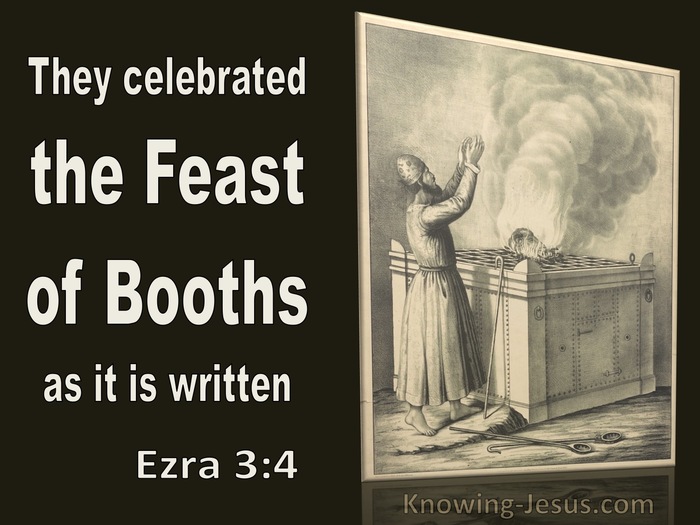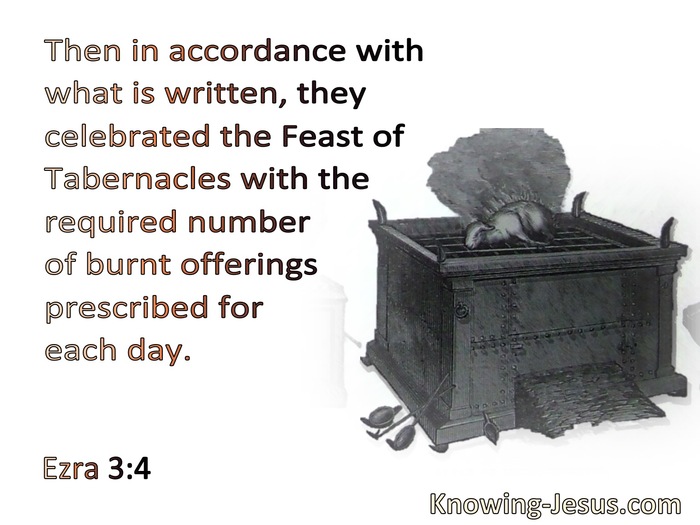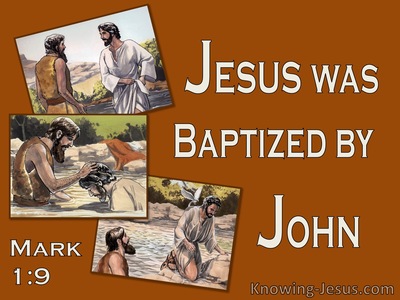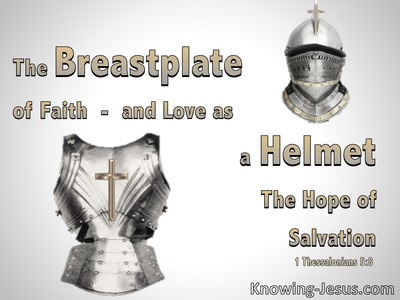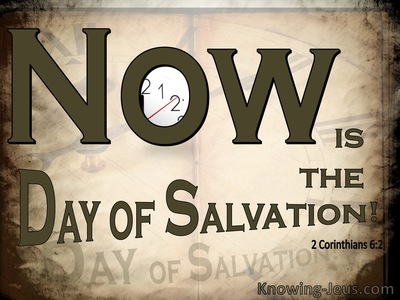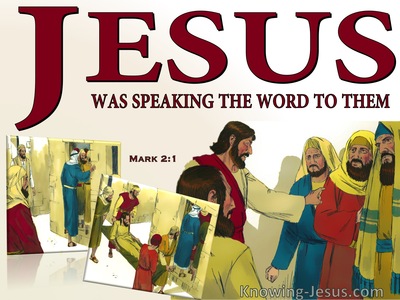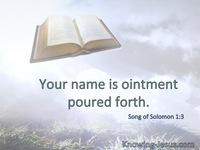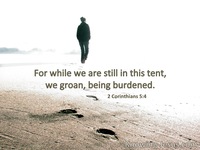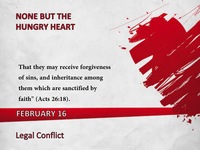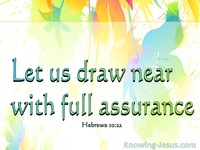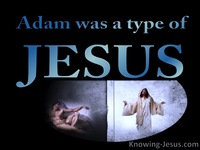◄ What Does Ezra 3:4 Mean? ►
They celebrated the Feast of Booths, as it is written, and offered the fixed number of burnt offerings daily, according to the ordinance, as each day required;
Ezra 3:4(NASB)
Verse of the Day
What a joy it must have been for Ezra and those who returned with him to Jerusalem at the end of Israel's 70 year-long exile, to start rebuilding the city and sanctuary in Jerusalem. Ezra was the scribe who diligently recorded the proclamation made by Cyrus to build the Lord a house in Judah, and he conscientiously documented the king's decision to restore the Temple treasures and artifacts, stolen by Nebuchadnezzar.
Ezra was very thorough in recording the name of every returnee, together with their tribal families, ancestral cities, and various trades and occupations. In Chapter 3, he carefully chronicled the progress of the building project entrusted to him. Priests, Levites, singers, gatekeepers, and temple servants, all willingly contributed towards the cost of its construction.
The first milestone the returning exiles reached, was the reinstitution of worship in the holy city of Jerusalem. These men courageously set up the altar on its foundation and began offering the required morning and evening sacrifices to the Lord, despite many hostile people living in their midst. On the 15th day of the seventh month, they joyfully celebrated the Festival of Booths (the Feast of Tabernacles), carefully carrying out all the sacrifices and burnt offerings the Law required.
The Feast of Booths was the last of seven 'feasts of the Lord' given to Israel through Moses. It was a time of rejoicing and thanksgiving for God's gracious provision to His people. It was a seven-day feast, during which the people lived in hastily constructed booths of palm leaves, as a reminder of their miraculous escape from Egypt. The Feast of Tabernacles is not only a feast that looks back, but one that looks forward to the time when the Lord will come to dwell among His people as their Messiah-King.
Celebrating the Feast of Booths in the time of Ezra was a time of much rejoicing. Israel had been sent into exile as a punishment for sinning against the Lord, but He had brought them out of exile once again, and the returnees great desire was to reinstate the Law of Moses, which had been abandoned for so long, and so: "They celebrated the Feast of Booths, as it is written, and offered the fixed number of burnt offerings daily, according to the ordinance, as each day required."
The Burnt Offering was one of five types of sacrifices required by the Law of Moses, and all feasts and offerings pointed to some aspect of Christ and His perfect sacrifice on the Cross. Some sacrifices were voluntary, like the Burnt Offering, the Grain or Drink Offering, and the Peace Offering, which are collectively called 'Wave Offerings' and are a 'sweet savour before the Lord'. The two mandatory offerings were the Sin Offering and the Trespass Offering.
The compulsory Sin Offering pictures the Lord Jesus as the obedient and dutiful Son Who was given by the Father to be judged for our sin, to take the punishment for our sin, and Who was 'made sin' for us. It exemplifies Him as the Son who was GIVEN as the sacrifice for sin. And as the Lamb of God Who takes away the sin of the world, He had to endure the full force of God's wrath, poured out on Him in our stead, for the forgiveness of OUR sin.
Similarly, the mandatory Trespass Offering pictured Christ enduring the Cross so that we, who are dead in sin and without hope in the world, can be fully restored, by faith in Him. The voluntary offerings picture Christ in a different role. He is viewed as willingly giving His life for love of the Church and joyfully enduring the Cross for the eternal joy that was set before Him.
It was the Alter for the Burnt Offering that is mentioned in this passage and it symbolises the prayers of the saints rising up to the Lord, which is described as a sweet-smelling perfume to God. Unlike most of the other sacrifices, the entire Burnt Offering was to be burned and no part of it was to be eaten.
What a joy it must have been for Ezra, the priests, and the returning exiles, to come back to the Promised Land and see the Altar of Sacrifice being constructed to celebrate the Feast of Booths and once again to start offering Burnt Sacrifices to the Lord in the morning hours and at the end of each day.
In the Church age, we are not under the Law. We do not have to build altars or offer sacrifices to the Lord, nor are we commanded to keep the feast days, give tithes and offerings, keep the Sabbath holy, or approach the Lord through an earthly priesthood.
However, the sacrifice of prayer and praise and the offering of thanksgiving and worship to the Lord, at the break of day, in the cool of the evening, and at other times, should be a joy for each of us, together with the knowledge that we can boldly approach the Throne of Grace any time of the day or night, for mercy to find grace in time of need.
My Prayer
Heavenly Father, thank You that Ezra faithfully recorded the return of the Babylonian exiles to Israel, and the joy they discovered in honouring Your name and fulfilling Your will for their lives. I am eagerly awaiting that day when Jesus will return, in power and great glory, to set up His eternal kingdom and dwell with His people on earth. Thank You that the feasts and festivals given to Israel, paint such beautiful pictures of Your unfolding plan of redemption. I pray that I may worship You in spirit and truth, for Your greater glory. In Jesus' name I pray, AMEN.
Choose a Verse from Ezra 3
Ezra 3:4 Further Study
- Ezra 3:4 in the Parallel Bible
- Ezra 3:4 in the Thematic Bible
- Ezra 3:4 Cross References
- Ezra 3:4 Treasury of Scripture Knowing
- Ezra 3:4 Sermons
- Ezra 3:4 Prayers
- Ezra 3:4 Images
- Choose Chapter
Never miss a post
